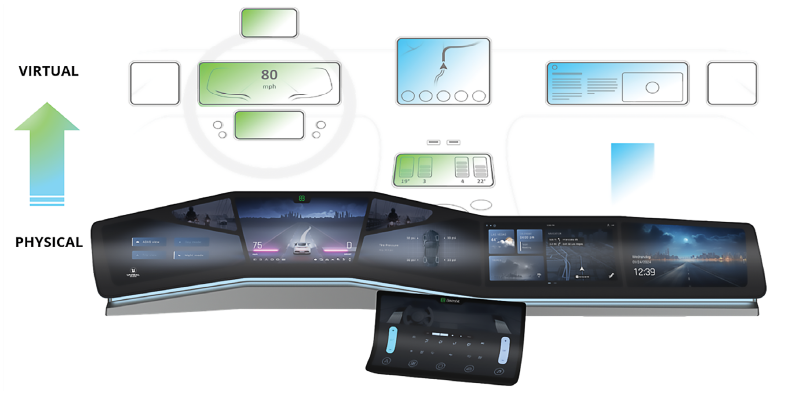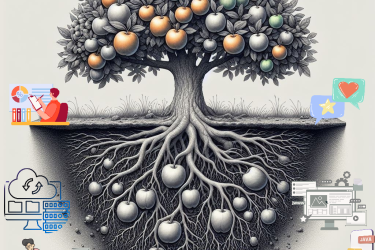As software-defined vehicles (SDVs) become the new industry standard, the complexity of in-vehicle infotainment (IVI) systems continues to grow. Traditional hardware-dependent development approaches inherit long development cycles, increased costs, and late-stage integration challenges. Virtual development and virtualization technologies offer a faster, more flexible, and cost-efficient alternative to addressing these issues.
This paper explores how virtualization solutions enable end-to-end IVI system development in a fully virtualized environment. By leveraging virtualization, digital twins, and cloud-based development, OEMs and Tier 1 suppliers can accelerate prototyping, enable multi-OS integration (such as Linux, Safe POSIX, Android, Classic and Adaptive AUTOSAR stacks, etc.), and optimize software validation without physical hardware.
Key advantages of virtualizing IVI systems development include:
• Accelerate: Deliver production ready applications in less time with parallel workflows.
• Quality: Test earlier and at scale for better quality and increased tes t coverage.
• Automate: Continuous software delivery with CI/CD/CT and faster than real-time test execution.
• Save: Avoid or reduce expensive bench set ups, prototypes, HiL syste ms, and test vehicles.
• Less risk: De-risk development with hardware agnostic setups, less delays, and higher software maturity.
I am proud to share of my Tech Paper which I wrote together with my colleague Raul Latorre Fortes.
Elektrobit Virtual IVI development Tech paper.PDF
Using real-world use cases, this paper highlights how virtualization solutions empower automakers to create next-generation IVI systems that efficientl
Happy reading.



